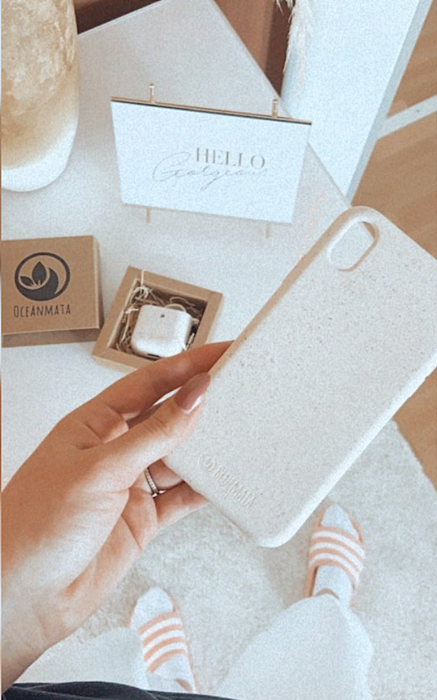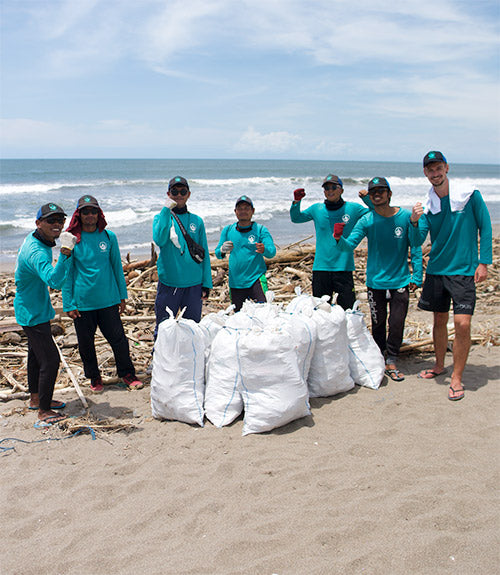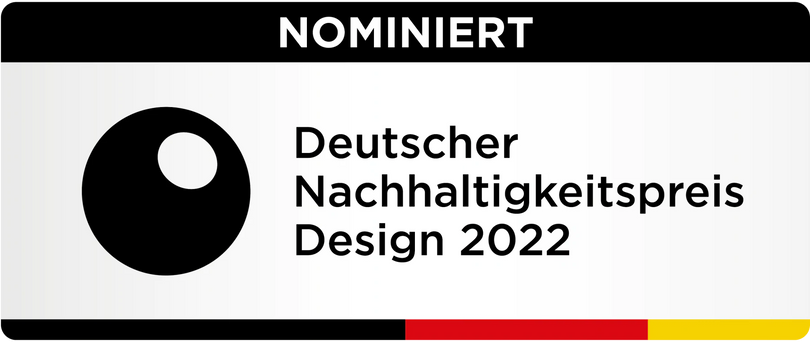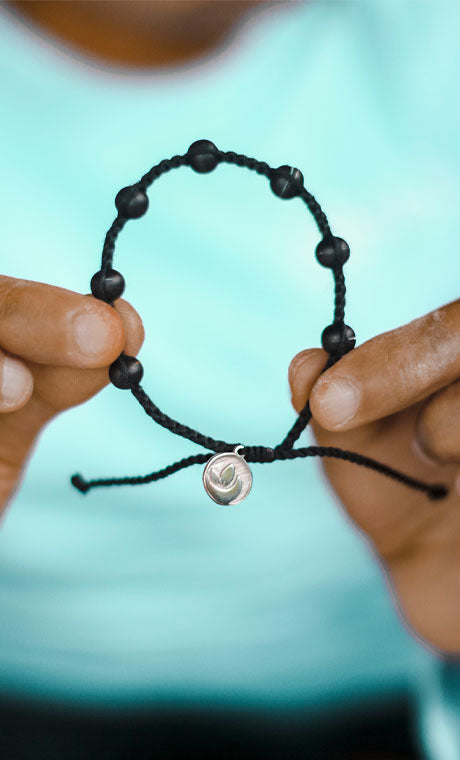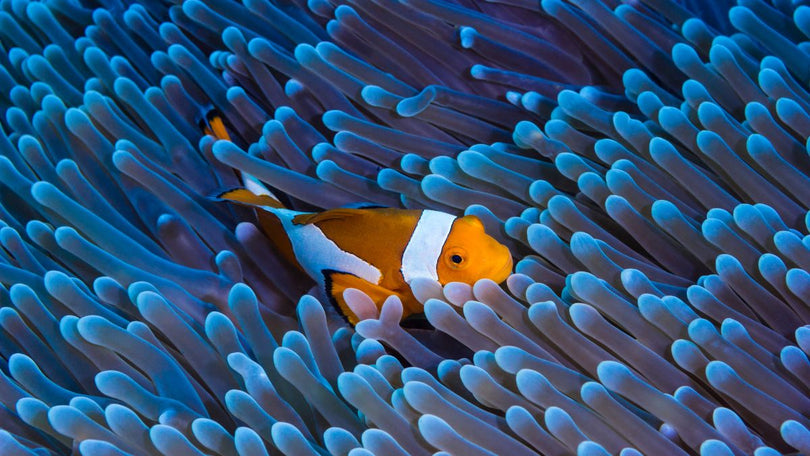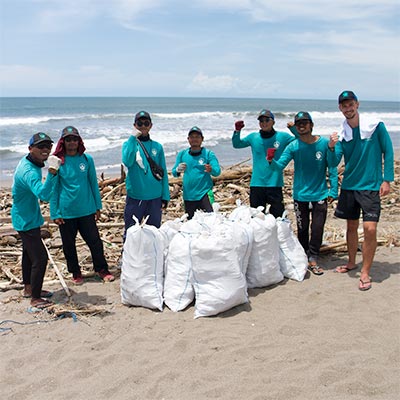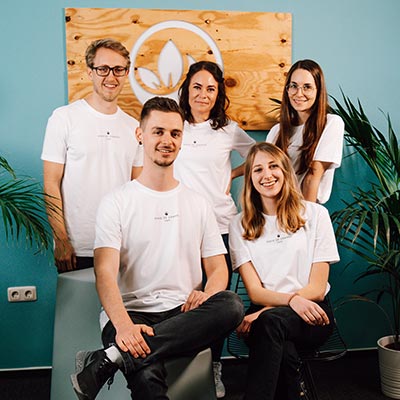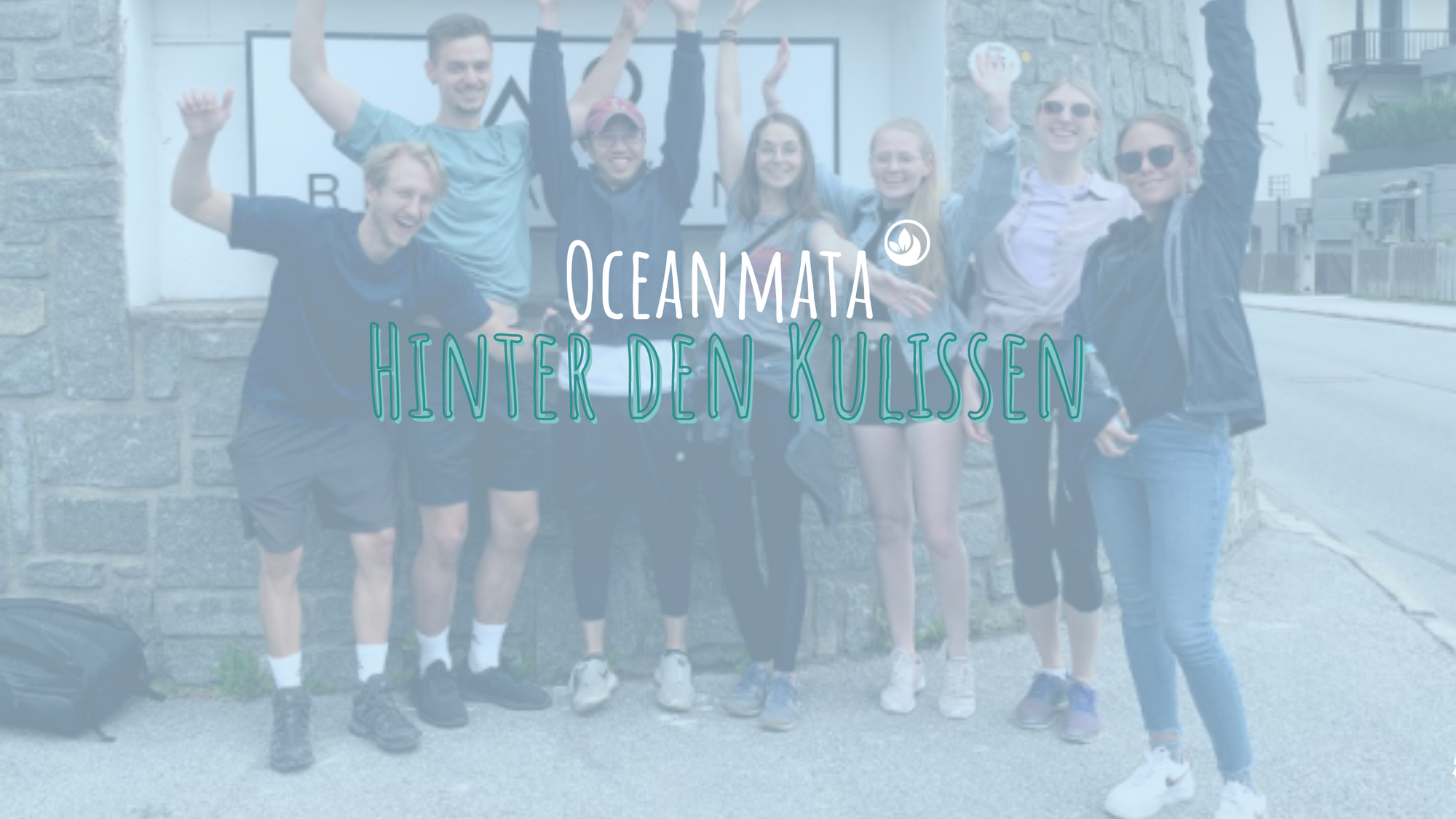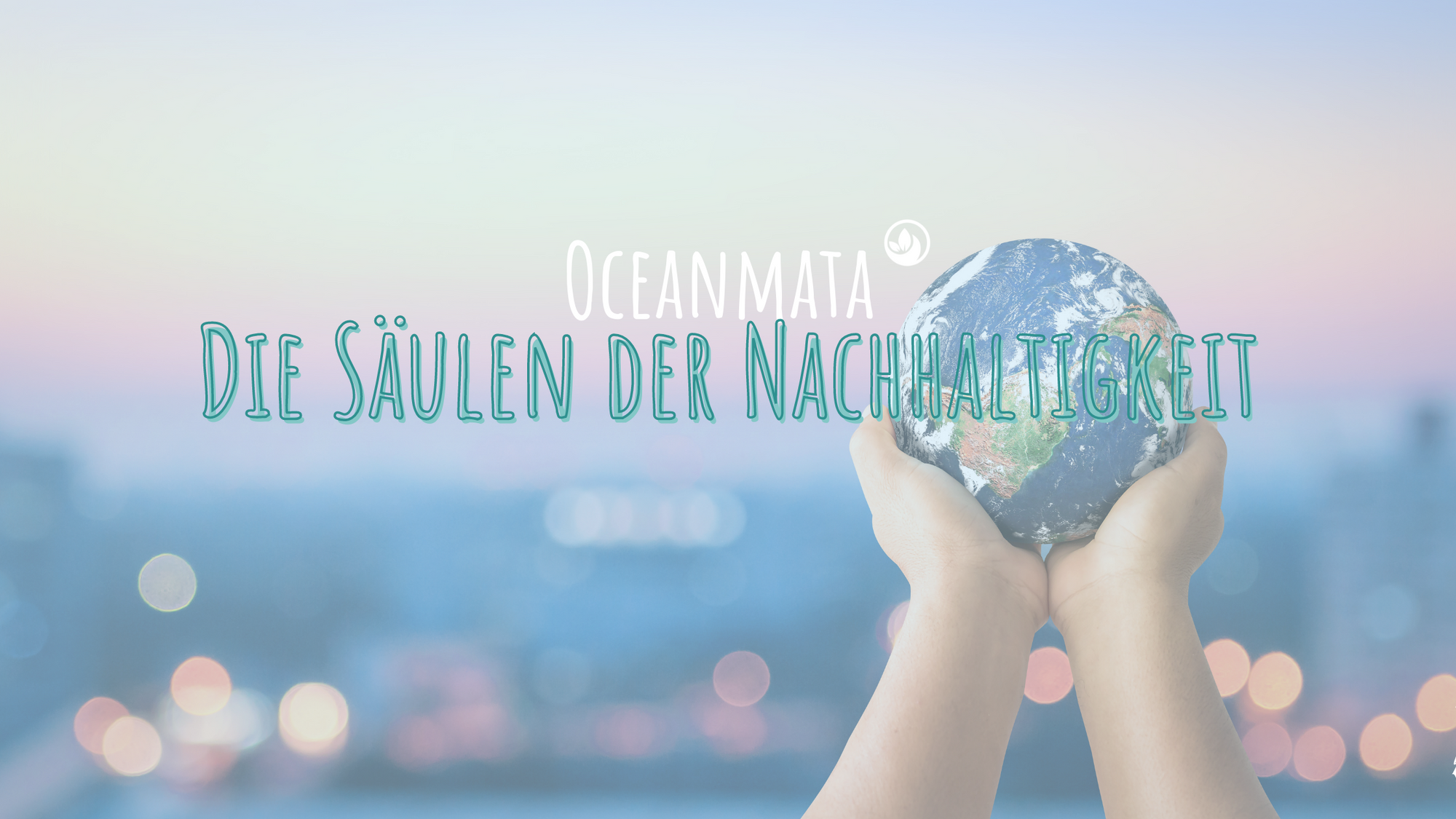With Oceanmata we are fighting for plastic-free oceans and that is why we are particularly pleased today that we are in the EU from 03.07.2021 Some single-use plastic items will no longer be found on retail shelves! Which ones, exactly?

Remaining stocks of the above-mentioned items may still be sold by retailers, but no new ones may be reproduced. Also included are plastic balloon sticks.
Here is a summary of the information from the Federal Government:
- In addition to the aforementioned disposable plastic items, disposable tableware made of bio-based or biodegradable plastic will also be banned. The familiar disposable cardboard tableware, which is coated with a thin layer of plastic, will also no longer be available in retail stores.
- Disposable items such as various hygiene products (wet wipes, for example), cigarettes with plastic filters, and disposable beverage cups will remain permitted in retail stores. However, these will be labeled for consumers in the future to ensure proper disposal.
The new law aims to significantly curb the amount of garbage that is so often carelessly dumped into nature. Around 85% of ocean waste consists of plastic. If you want to learn more about the dangers of plastic in the world's oceans, please check out our previous article "Plastic in the World's Oceans."
To emphasize once again why it's so important to curb single-use plastic. Because in Germany...
- .. about 320,000 disposable cups for hot drinks end up in the trash every day
- .. in 2017, more than 346,000 tonnes of disposable tableware and disposable cups for hot drinks to go were used
- .. between 2015 and 2017 there were 6.15 million tons of plastic waste
What else is happening in the fight against single-use plastic, what is planned?
- From 2022, retailers will no longer be allowed to distribute lightweight plastic bags.
- Single-use and reusable bottles must be better marked so that consumers can better consider whether they want to avoid the unnecessary plastic at that point
- Also from 2022, a mandatory deposit for disposable beverage bottles (up to 3 liters) will be introduced
- Starting in 2023, restaurants and delivery services will be required to offer their customers options for ordering food in reusable containers. Smaller businesses will also be able to offer their customers the option of bringing their own containers for filling.
- From 2024, this obligation will also apply to milk drinks in plastic bottles
- Starting in 2025, single-use PET beverage bottles must contain at least 25 percent recycled plastic, known as recyclate. The German government introduced these new regulations on January 20, 2021.
What is Germany doing on the global level?
- In 2015 and 2017, during the G7 and G20 presidencies, action plans to combat marine litter were developed. By 2023, Germany will provide approximately €50 million to partner countries to develop waste collection and recycling technologies. For example, Germany is supporting the expansion of free disposal sites for ship-generated waste in ports and the removal of marine debris.
- In 2020, Germany joined the international Global Ocean Alliance. The goal is to protect at least 30 percent of the world's oceans by 2030.
What about the export of plastic waste?
- Since January 1, 2021, an EU-wide export ban has been in effect on mixed or contaminated plastic waste that is difficult to recycle. This type of waste poses a particularly high risk of parts of it being illegally released into the environment in importing countries. Since 2019, the German Packaging Act has introduced stricter regulations to monitor the proper recycling of plastic packaging.
- Exports of plastic waste from Germany to China and Southeast Asia have declined significantly since 2016: In 2019, approximately 2,600 tons were exported to China, compared to 562,910 tons three years earlier. Exports to Southeast Asia fell by around 58 percent to 374,588 tons.
We also covered the export of plastic waste in this blog article .
Our tips for avoiding single-use plastic
When shopping, look for labels like the "Blue Angel" and avoid packaging wherever possible. If you have a packaging-free store nearby, take advantage of their offerings—they also sell many foods unpackaged for you to fill into your own containers, thus avoiding even more plastic waste.
Many stores now also offer coffee-to-go in deposit cups, or you can simply bring your own reusable cup!
When using plastic bags, please note the following:

Pay more attention to Reusable bags to resort to it and simply use it in the long term. fabric bag are also useful if you use them for a long time!
One should always keep in mind that their production also places a high burden on the environment and people, the cultivation and processing of Cotton have long been controversial.
Attention, there is plastic hidden here!
Everyone knows that plastic bags pollute the environment after they've been disposed of. But what about hidden plastic in the form of microplastics? This is where plastic lurks.
.. clothing made of synthetic fibers
Neither washing machines nor sewage treatment plants are capable of filtering the fibers!
Always check the label carefully when buying: If it says something like polyester, polyamide, polyacrylic, nylon, elastane, or microfiber, then it's best to stay away.
Tip: You probably have some synthetic fiber clothing in your closet. Instead of fabric softener, you can simply use a splash of white vinegar. Fabric softener also dissolves synthetic fibers from clothes during the wash cycle!
.. car tires
Yes, unfortunately, car tires are also largely made of natural and synthetic rubber, in other words, plastic. The particles are released into the environment through friction while driving.
Tip: Before you travel, consider whether you can cover the distance in another way, such as by bike, bus, or train!
.. cleaning products
Many cleaning products contain microplastics. There are now numerous alternatives, for example, in the form of DIY cleaning products. The internet is full of recipes for making your own, environmentally friendly alternatives using simple household remedies.
Tip: Here's another tip: use household vinegar. Mirror surfaces get wonderfully clean, and limescale stains don't stand a chance! Simply wet a cloth, add a splash of vinegar, rub the affected area, let it soak in for a while, then wipe with clean water and dry.
You can find more tips on how to live without plastic here .


